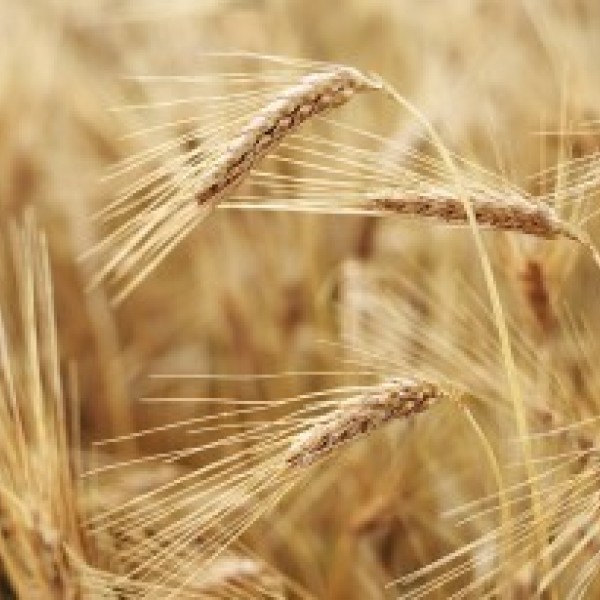A single gene is bringing researchers closer to understanding two devastating neurodegenerative diseases.
Amyotrophic lateral sclerosis (ALS) and frontotemporal lobar degeneration (FTLD) are both neurodegenerative diseases that ravage the body and brain. ALS attacks nerve cells, which in turn weaken muscles until they waste away, and FTLD damages the brain’s temporal and frontal lobes, leading to a loss in brain function and, ultimately, personality and behavior deterioration.
While the causes of ALS and FTLD are still a mystery, both diseases share a common linkage in the gene C9orf72.
Peter Sullivan, a fifth-year doctoral student in the field of biochemistry, molecular, and cell biology, is working to better understand C9orf72 and how it functions to unravel the mystery of ALS and FTLD.
In recognition of his research on C9orf72, Sullivan is the winner of this year’s Harry and Samuel Mann Outstanding Graduate Student Award.
Since 2013, Sullivan has worked in the lab of Fenghua Hu, assistant professor in the Department of Molecular Biology and Genetics. The Hu Lab specializes in studying molecular and cellular mechanisms involved in neurodegeneration, specifically as related to ALS and FTLD.
“These two diseases are closely related in several ways but the symptoms are very different,” Sullivan said. “One is behavioral personality changes and the other is complete motor dysfunction. And so how these two very different diseases come about from similar causes, and why some patients get one disease rather than the other, is really interesting, and something that we still don’t really know.”
Sullivan uses a variety of cell and molecular techniques to understand the role of C9orf72, notably the CRISPR/Cas9 gene-editing technology, which allows him to create mouse strains that lack C9orf72, and study the consequences of losing this gene and how that loss of function triggers ALS and FTLD.
Already Sullivan has made several promising discoveries. He has found that C9orf72 is involved with regulating the autophagy pathway, a kind of a cellular recycling method in which proteins or parts of the cell that are damaged get turned over and recycled. He has also found that a shortage of C9orf72 severely disrupts immune function.
Sullivan and Hu are excited by how much progress has been made in a field that did not exist until 2011, when the link between C9orf72 and the diseases was first discovered. And by understanding ALS’ and FTLD’s connection to the gene, researchers may be able to gain insight into other diseases as well.
“There’s a place for all neurodegenerative diseases,” Hu said. “Alzheimer’s, Parkinson’s, all have different regions of the brain or nervous system affected. But why?”
The Mann Award was established by Thomas Mann ’64 and Diann Mann ’66, and Cornell parents Jeanne and Gary Newman. Cousins Thomas Mann and Jeanne Newman conceived of the $20,000 award as a way to honor their fathers, Harry and Samuel Mann, the sons of Russian immigrants who were early innovators in the production of penicillin, by celebrating the next generation of biochemical, molecular, and cell biologists.
“We thank the Cornell faculty for recruiting and training such outstanding young scientists. It is exciting to anticipate the results and fruits of their work in the years to come,” said Thomas Mann, Samuel’s son. “We’d like to thank Cornell for the opportunity to participate in this small way.”
Sullivan is on track to complete his degree by the end of the year, and he hopes to pursue a career in shaping public policy around science.
“One of the big concerns right now among scientists is whether or not the actual science, or the popular opinion, is getting to policymakers,” Sullivan said. “So what I want to do is make sure both the public is getting good scientific information and the policymakers are getting good scientific information. That will hopefully get the best results.”
David Nutt is staff writer for the College of Agriculture and Life Sciences.





